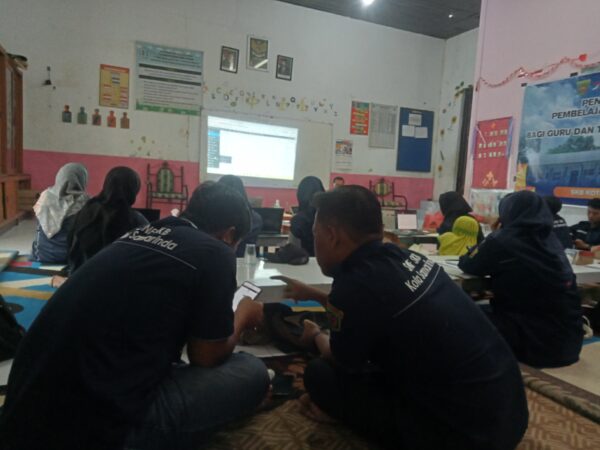Info Sekolah
Rabu, 11 Feb 2026
- SKB Kota Samarinda - Provinsi Kalimantan Timur
- SKB Kota Samarinda - Provinsi Kalimantan Timur
13
September
2025
How to Learn English
Sab, 13 September 2025 Dibaca 15x

1. Set Clear Goals
Decide what you want to achieve:
- Speak fluently?
- Understand movies and music?
- Pass an exam (like TOEFL, IELTS)?
- Improve business or academic English?
2. Build a Strong Foundation
Start with the basics:
- Alphabet & Pronunciation
- Basic Grammar (subject-verb agreement, tenses, articles)
- Common Vocabulary (daily routines, food, travel, etc.)
📚 Tools:
- Duolingo, Babbel, BBC Learning English
- Beginner grammar books (e.g., English Grammar in Use by Raymond Murphy)
3. Practice Listening & Speaking
Even if you don’t have someone to talk to, you can still practice:
Listening:
- Watch YouTube channels, movies, or shows with subtitles
- Listen to English music, podcasts, or audiobooks
Speaking:
- Imitate native speakers (“shadowing”)
- Speak aloud to yourself
- Use apps like HelloTalk, Tandem, or Speak English with AI (some use ChatGPT-style tutors)
4. Read & Write Every Day
Reading builds vocabulary and grammar awareness. Writing helps reinforce it.
Reading:
- Start with graded readers (easy books for learners)
- News websites: BBC Learning English, VOA Learning English
Writing:
- Keep a daily journal in English
- Try writing short emails, messages, or social media posts
- Use tools like Grammarly or QuillBot to get corrections
5. Make It a Daily Habit
Consistency matters more than intensity.
- Practice 20–30 minutes a day
- Mix skills: listen one day, write the next, speak every day if possible
6. Review & Repeat
Learning a language means forgetting and relearning. Use:
- Flashcards (like Anki or Quizlet) for vocabulary
- Spaced repetition to review what you’ve learned
7. Use It With People
- Join language exchange groups (online or local)
- Use English in real situations (ordering food, chatting online)
- Try forums like Reddit (r/EnglishLearning) or language Discords
Artikel Lainnya
Artikel ini memiliki


Tinggalkan Komentar